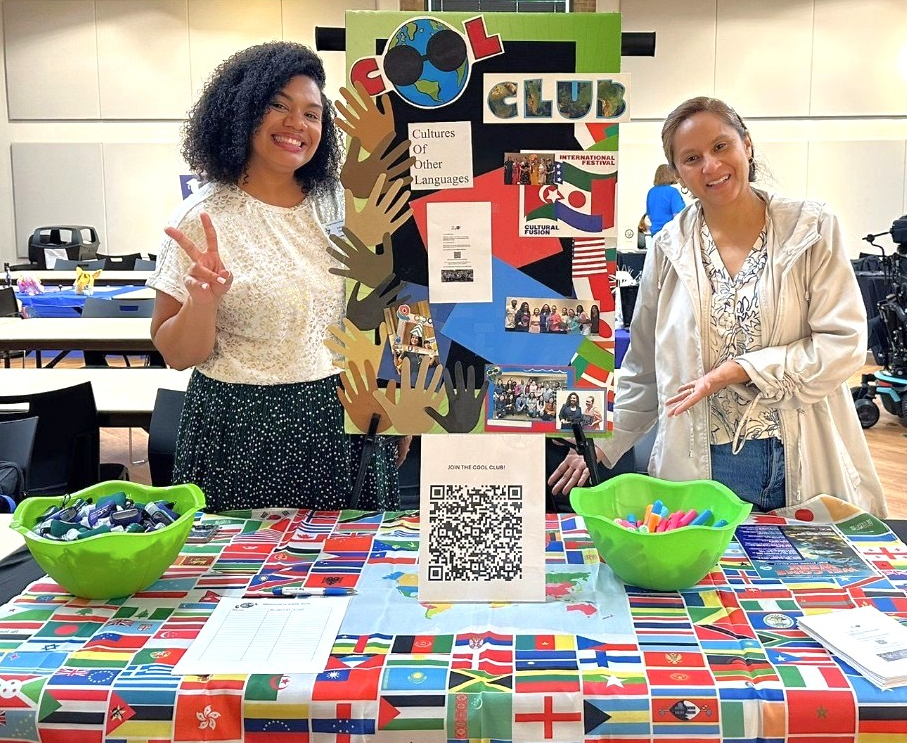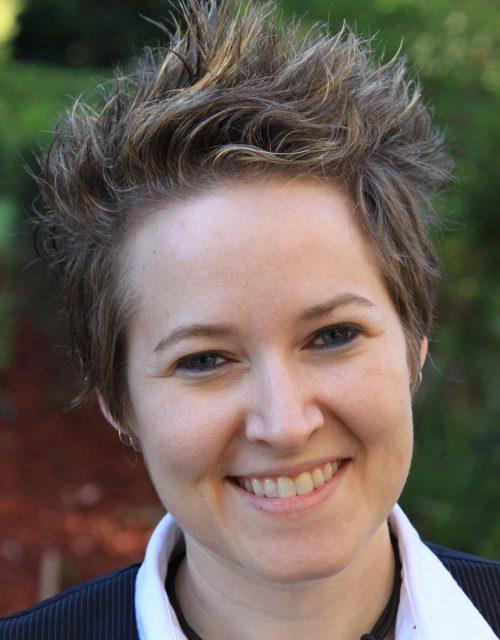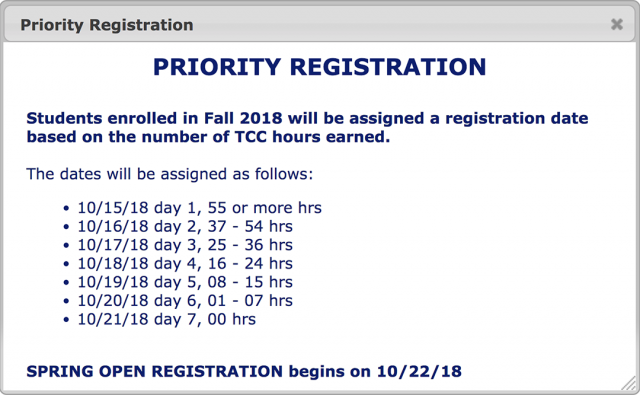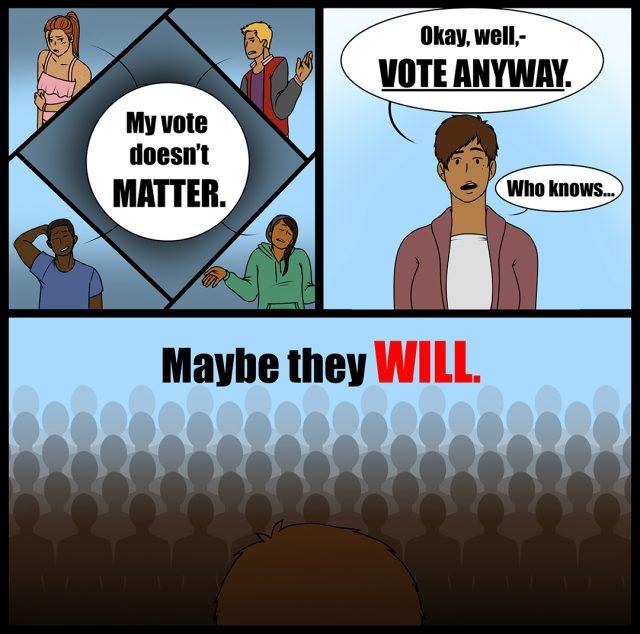By Lynn Caraway/reporter
Resilience and persistence are the keys to college success, a panel of academic advisers told NE students at a Start on Track and Finish the Race workshop Oct. 8.
College requires more than book smarts to keep students on track and accomplish their goals, they said.
“It takes ‘grit,’ a combination of perseverance and passion,” said Ronda Isaacs, NE coordinator of special services. “It isn’t enough to be talented. You have to be motivated with a never-give-up attitude.”
Isaacs described grit with an acronym: G for growth, R for resilience, I for integrity and T for tenacity. When students get knocked down, they should get back up and try again, she said.
Not everything will go as planned, she said.
“How you handle failure indicates whether you have a fixed or a growth mindset,” Isaacs said. “The word ‘yet’ is a powerful tool used to make those little changes in our mindset.”
A fixed mindset might say, “Math is not my best subject” while a growth mindset might say, “Math is not my best subject yet.”
“We all have struggles to overcome,” Isaacs said. “Learn to embrace the struggles and rise above them. Once students learn how to apply grit, they can do things that seemed impossible.”
Isaacs stressed students should set SMART goals that are specific, measurable, attainable, realistic and timely.
“Change a goal from ‘My plan is to graduate in two years,’ to ‘My plan is to graduate with my associate degree in May of 2019,’” she said.
NE academic advisor Jessica Hitt said students need motivation to finish what they start and stay on track.
“They need the why factor — why they are doing this goal,” she said.
As important as the need for grit is, students also need to know how they learn. Workshop instructors stressed intelligence comes in multiple types. How students learn and study can be determined through the Multiple Intelligences Test based on Howard Gardner’s multiple intelligences model. Students can get a free copy of the test online at businessballs.com.
“When we are aware of our intelligences or how we learn, we can use this information to stay on track and build that grit,” said Kim Eason, NE coordinator of student accessibility services. “If you do not have persistence, you might not achieve your goals to better yourself in life.”
NE student Sarah Whitten said she came away from the workshop with the knowledge that students can do something if they are determined to do it.
“I never thought about making my goals more specific and timely,” Whitten said.

































